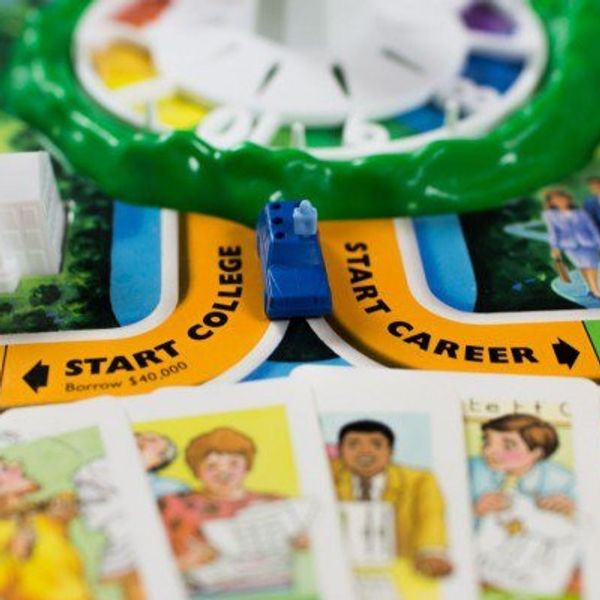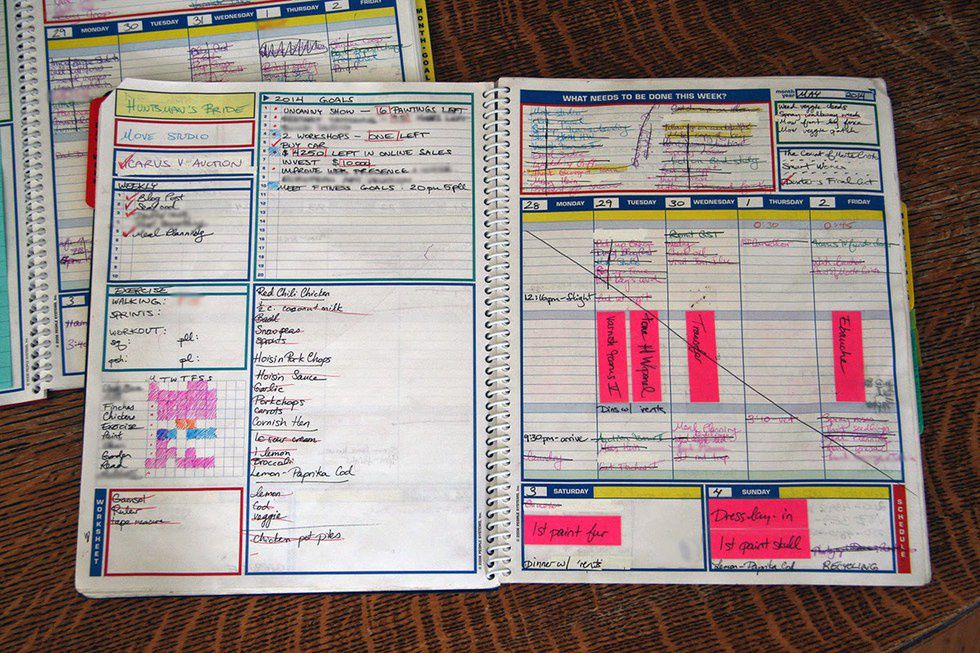It is extremely difficult to walk in the shoes of any student, whether it is a student in high school or college. Everyone, even the students, catches themselves wondering, How do I get all of my work done? How do I manage? As a college freshman with a double major, I can help answer these questions, and a few others, with a few valuable tips to help.
1. Plan ahead. Use a planner.
It is imperative to plan your time wisely. Personally, I use my phone calendar for absolutely everything. I constantly write down events coming up as early as tomorrow and as late as next month. This is a great way to keep your thoughts organized and have you worrying less about upcoming deadlines.
2. Pick and choose wisely.
As college students, we have a ton of extra-curricular activities going on, homework to do, jobs to work, and, on top of that, friends to hang out with. However, if you have a huge test coming up, it is time to choose wisely and figure out your priorities. Would it be more helpful to go to that party tonight or sit in and study for that big test you have in a few days?
3. Don’t procrastinate.
I’ll be honest -- one thing my high school taught me very well was how to procrastinate. I have a huge project due Monday? Perfect! I’ll take the week off and do the whole project Sunday afternoon and still manage to get an A. In college, however, this will never work. If the deadline is next week, you have to work hard to get it done. If the deadline is next month, you have to work even harder starting the day you get the assignment. Although it’s easier to procrastinate in college, as you don’t have your parents to constantly keep an eye on you, it is even easier to make this a habit and end up failing classes.
4. Teach yourself good habits.
As previously mentioned, in tip number three, it is extremely easy to fall into bad habits such as procrastinating. Although it’s difficult to change your habits, it will benefit you in the future once you enter the real world. Good habits include getting ahead in your classes, doing your homework, coming to class and arriving on time, and studying for tests. However easy it might have been to not study for a test in high school and still pass with flying colors, that is not the case in college.
5. Don’t skip class.
There is not much to say about this point because it should be fairly obvious. Yes, there will be days when it’s below zero outside and your bed feels like the comfiest place in the world, but I assure you that coming to class is more important. If you miss a class, you miss an entire lecture and notes that will, most likely, be on the next test or final exam. Although some professors will post their lectures online, not all professors are this thoughtful, and you will have no way of retrieving these missed notes.
6. Ask for help.
Personally, I’ve never liked asking for help from other students, teachers, or my parents. College is difficult, however, and, although I got by in high school, I can’t here. It is as important to ask professors for help during their office hours as it is to go to class. If you don’t understand something and don’t ask for help, you will get behind in the class and the professor isn’t going to wait for you to have an “Aha!” moment during his or her lecture time. Parents are extremely helpful too, even if it’s just with mental support before a big exam.
7. Turn off all electronics.
Be honest with yourself. If you’re studying for a huge exam or writing an essay, don’t have the TV on in the background, or take hour-long breaks to text your friend or play games. It’s completely acceptable to have soft music playing if it helps you study, but texting and watching T.V. takes time away from your writing or studying. Instead of taking an hour or two to study those chapters, it takes you three or four hours when it really doesn’t need to.
8. Sleep!
I’ve saved the most important one for last: you have to sleep! It’s important to take the time to figure out a sleep schedule that works best for you and that, preferably, includes a minimum of eight hours of sleep. Your brain and your body need rest and it is unhealthy to not give them that rest. Although it seems like a good idea to cram the day before a test, it is actually less helpful to do so and more helpful to sleep. Because of this, you’ll be more rested, and ready to take on a new day.
With all of these points in mind, know that you’re not alone! Many students have experienced missed classes and lack of sleep, but they are still successful in their lives. Follow these points and you’ll be able to answer the question, How do you manage?





























